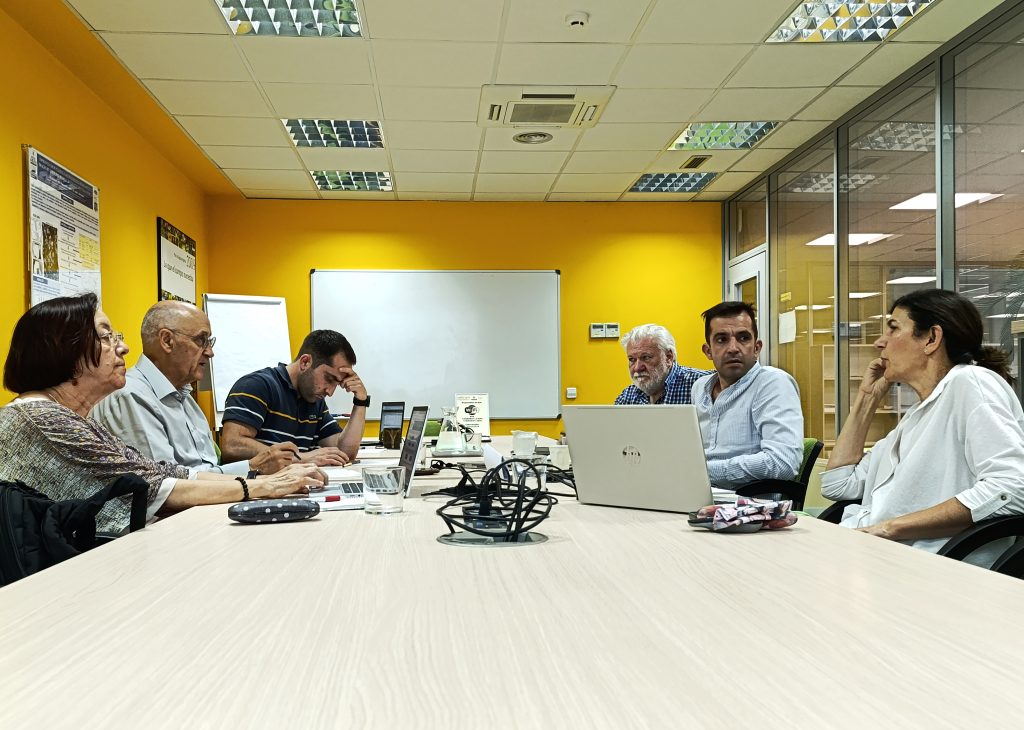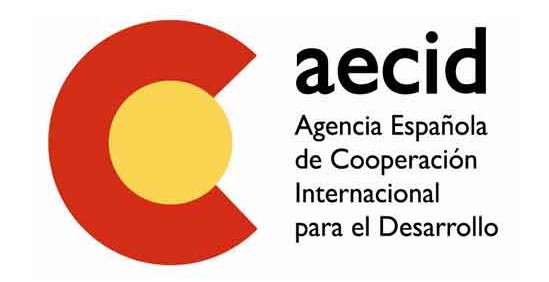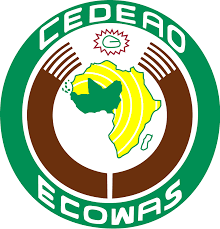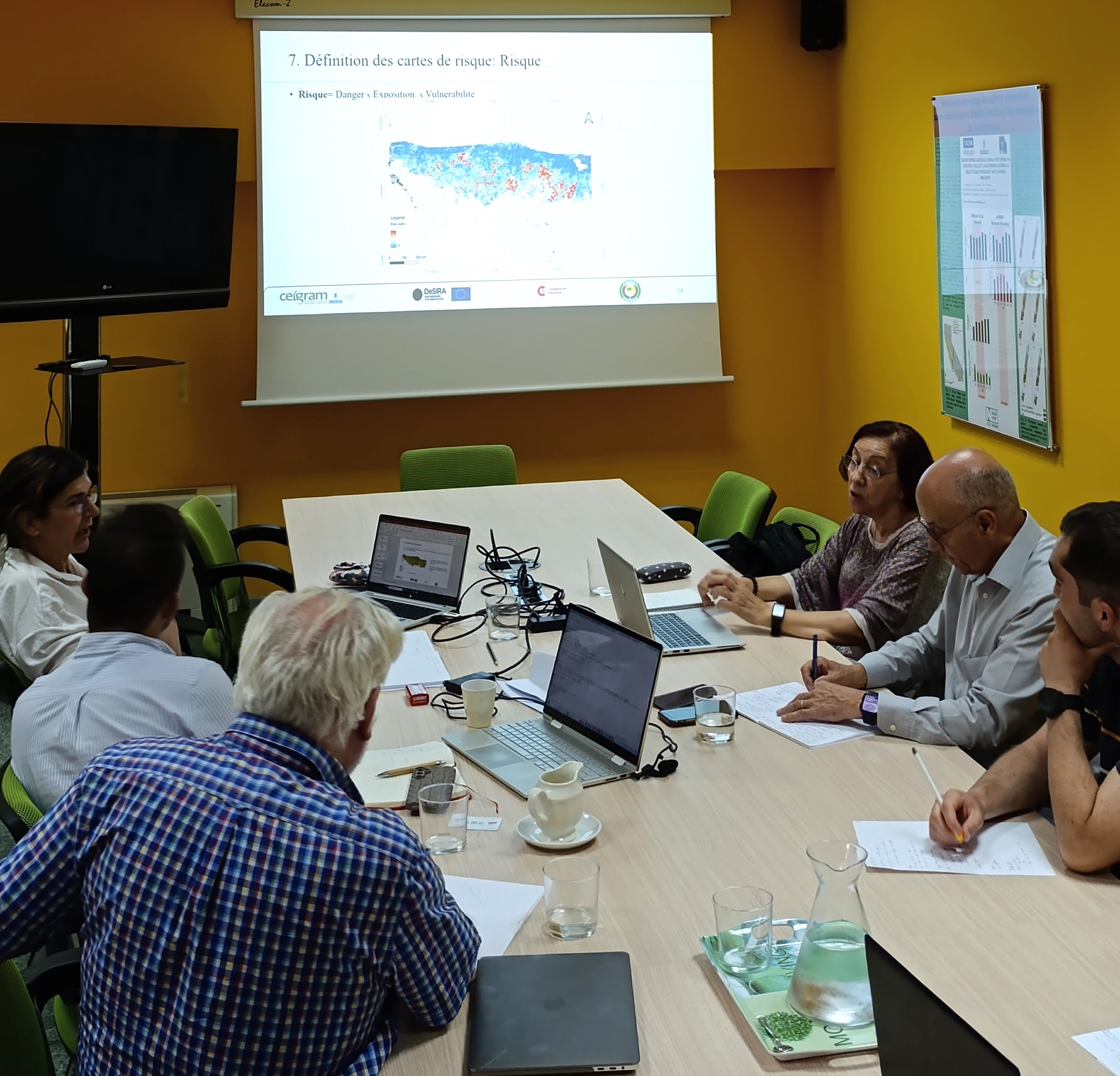
Santiago Ormeño García, General Coordinator of Spanish Cooperation in Nigeria and the Economic Community of West African States (ECOWAS) and Ana Regina Segura Martínez, Head of Rural Development, Food Security and Nutrition at AECID, visited CEIGRAM facilities on Tuesday, July 2, where the PRISMA Project team is working on the development of an indexed insurance system and a food reserve for human and animal food in the Sahel countries of West Africa (Mali, Burkina Faso and Niger, in coordination with the Nigerian delegation).
In the meeting, the latest advances of the PRISMA Project developed by CEIGRAM-UPM in coordination with AECID were shared, and the next steps of the Project were outlined. In addition, Santiago Ormeño emphasized the difficulties currently faced by the region, pointing out the various interests present, both of the regional partners and of all the actors working in the region.
With the official withdrawal of Mali, Niger and Burkina Faso from ECOWAS, AECID’s regional coordination work in West Africa is being hampered. This will require a re-evaluation and restructuring of aid. In any case, the objectives remain valid, and the existing needs are still present. In addition, AECID has a good relationship with the countries in the region, having collaborated with them in their local development.
The implementation of a food reserve for human consumption has already progressed through the coordination of ARAA (Regional Agency for Agriculture and Food). The food reserve currently consists of fortified flours and infant food. It is necessary for the reserve to have a diversity of foods that are useful in terms of nutrition, and the objectives of both the PRISMA Project and AECID follow this approach. In addition, it is suggested the establishment of a pastoral reserve, with livestock feed that can be called upon in case of crisis, and a financial reserve, which could be the most effective and rapid instrument.
The development of an index insurance system for the region, another objective of the PRISMA Project, despite the difficulties in implementing it, has great potential given the high vulnerability of the Sahel Region in West Africa to climate change and its consequences.
The meeting also focused on gender policies. From the Spanish coordination in the region, it is considered a crucial issue, which could help curb rapid population growth, give greater opportunities to women and can promote peace and regional development. The main problem is that there is no clear impetus in the region to articulate and develop these policies. In any case, both AECID and the PRISMA Project are willing to promote, to the extent of their capabilities, gender policies in the Sahel.
These joint meetings with the Project’s coordinating body serve to share the opportunities and constraints encountered in the region during the development of the Project. Currently, the present turmoil in the region makes it difficult to work in the area, but the collaborations with local Universities allow to continue advancing in objectives that will favor the Regional Development, increasing its resilience to possible crises that may arise.




